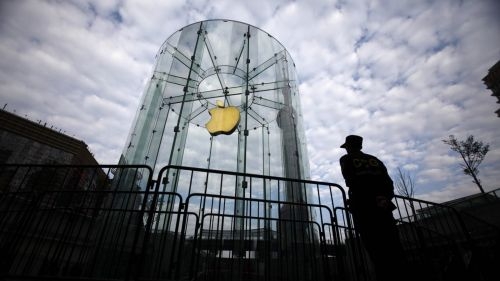There are serious loopholes in Apple's system and hundreds of millions of devices are facing security problems

According to CNET, Tyler Bohan, a researcher at Cisco's network security department, recently discovered that Apple’s devices had the same seriousness in all previous versions except iOS 9.3.3 and El Capitan 10.11.6. Security vulnerabilities, as long as a hacker sends an iMessage message with a virus, they have the opportunity to invade the user's device.
Boan mentioned that hackers develop TIF (like JPG image format) files containing malicious code and send them to the target via iMessage, an Apple instant messenger application. Since iMessage can automatically render images in its default settings, this provides a source for hackers. opportunity. When a user receives a file with malicious code, the code can start running on the device, access the device's memory, and obtain a stored password. Similarly, it can also use e-mail or induce users to use Safari to access websites that contain virus images.
According to official Apple data, only iOS 8 and earlier operating systems have 97 million devices, plus some iOS 9 devices and Macs, so at least hundreds of millions of Apple devices may be hacked at any time. attack. According to external sources, Apple’s security issue is similar to the Stagefright vulnerabilities that occurred on Android last year. The latter also infects devices by sending pictures, exposing 950 million Android devices to danger.
The fix given by security research firm Sophos temporarily is either to upgrade the device to iOS 9.3.3 or El Capitan 10.11.6 and later. Either close the iMessage application and stop using the MMS, but this will cause the user to only accept text messages and not receive pictures. As of now, Apple officials have not yet responded to this.
